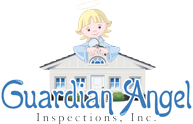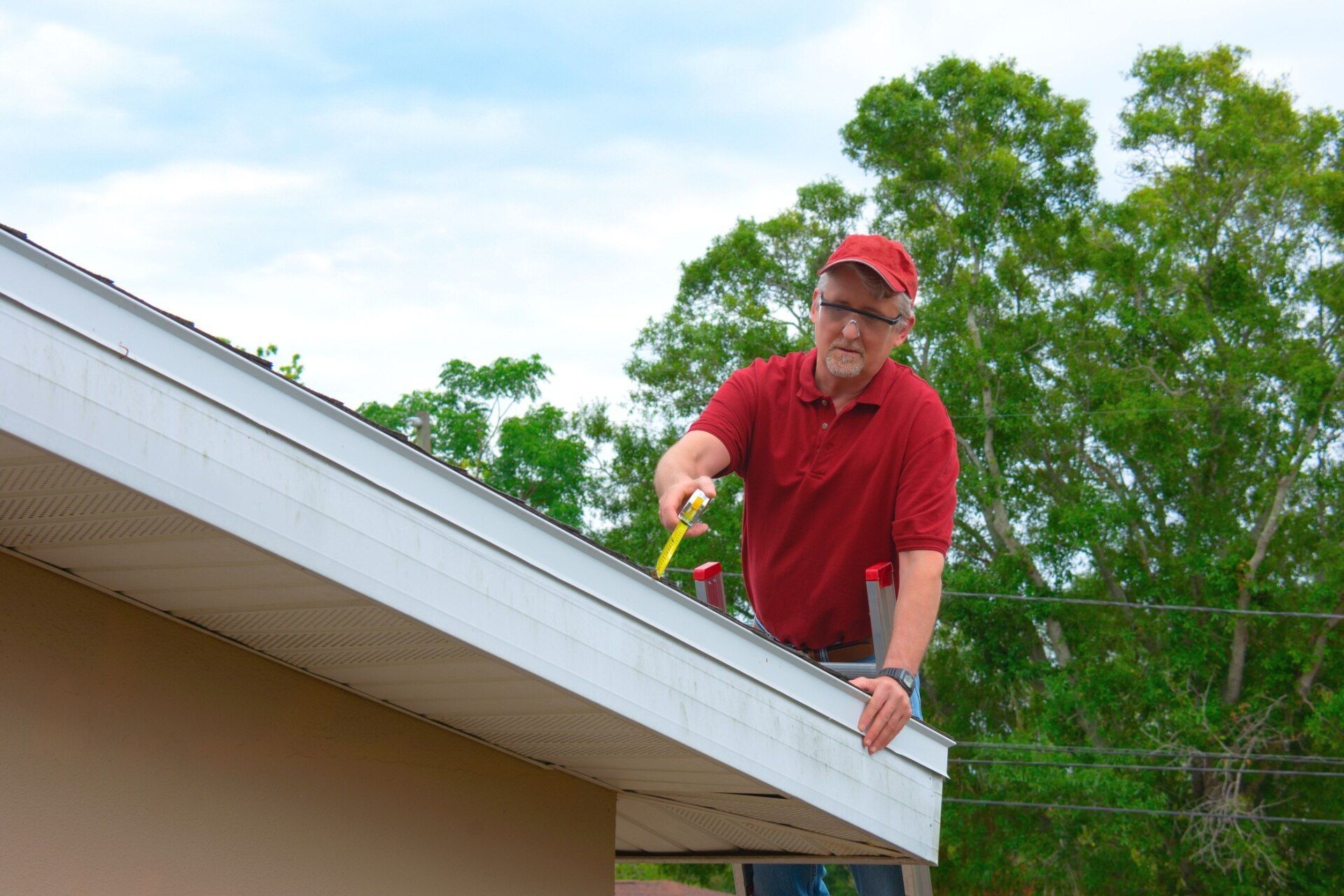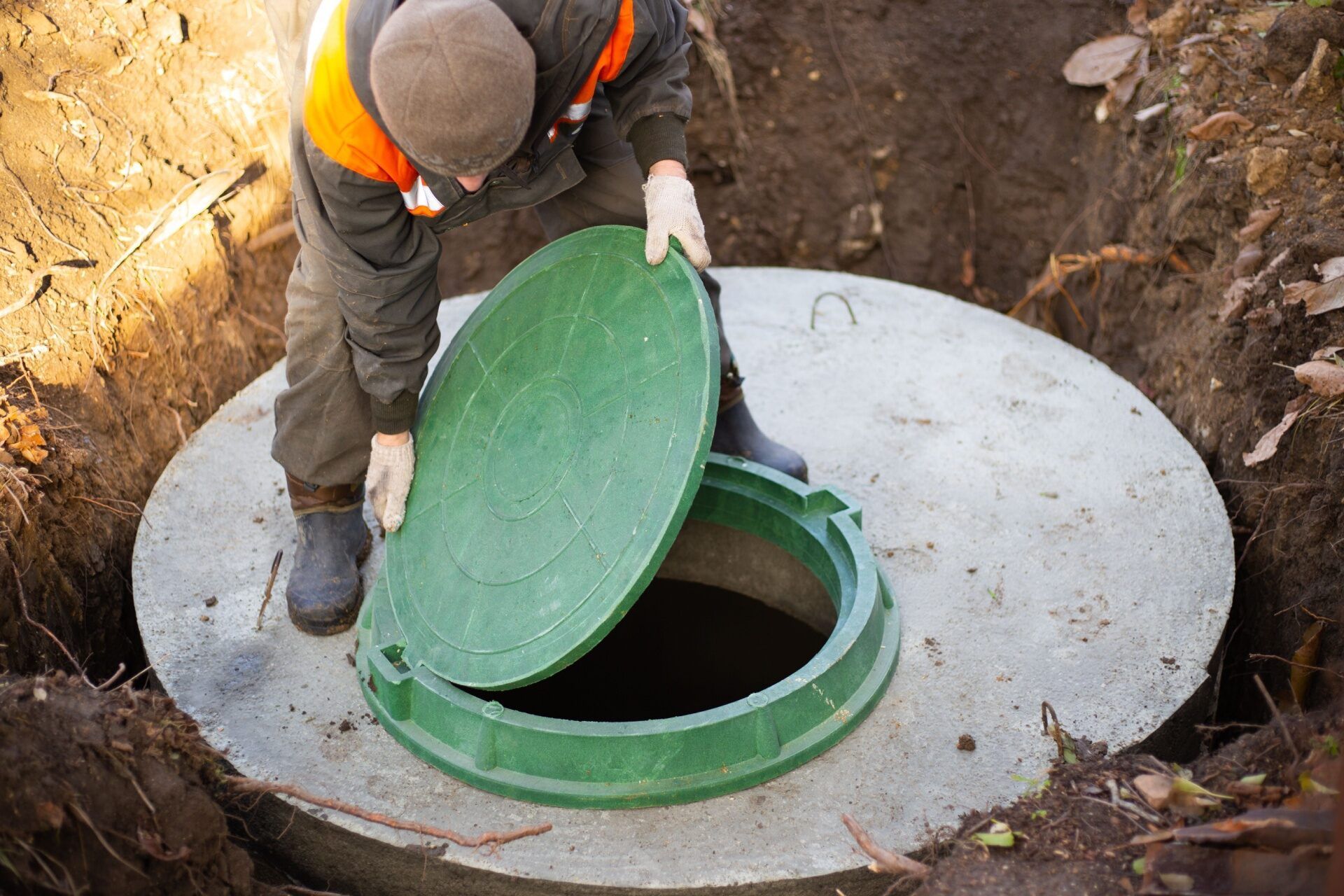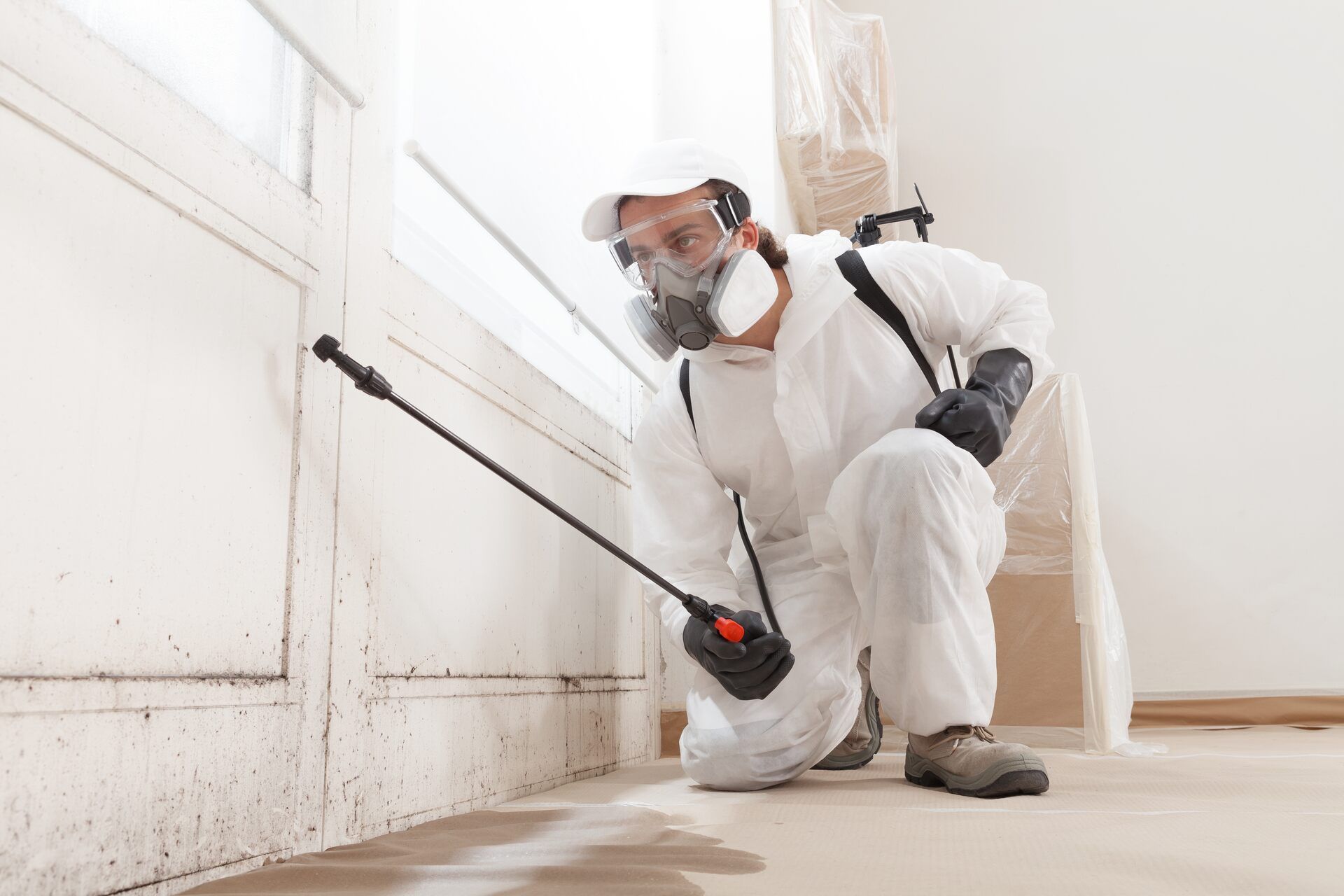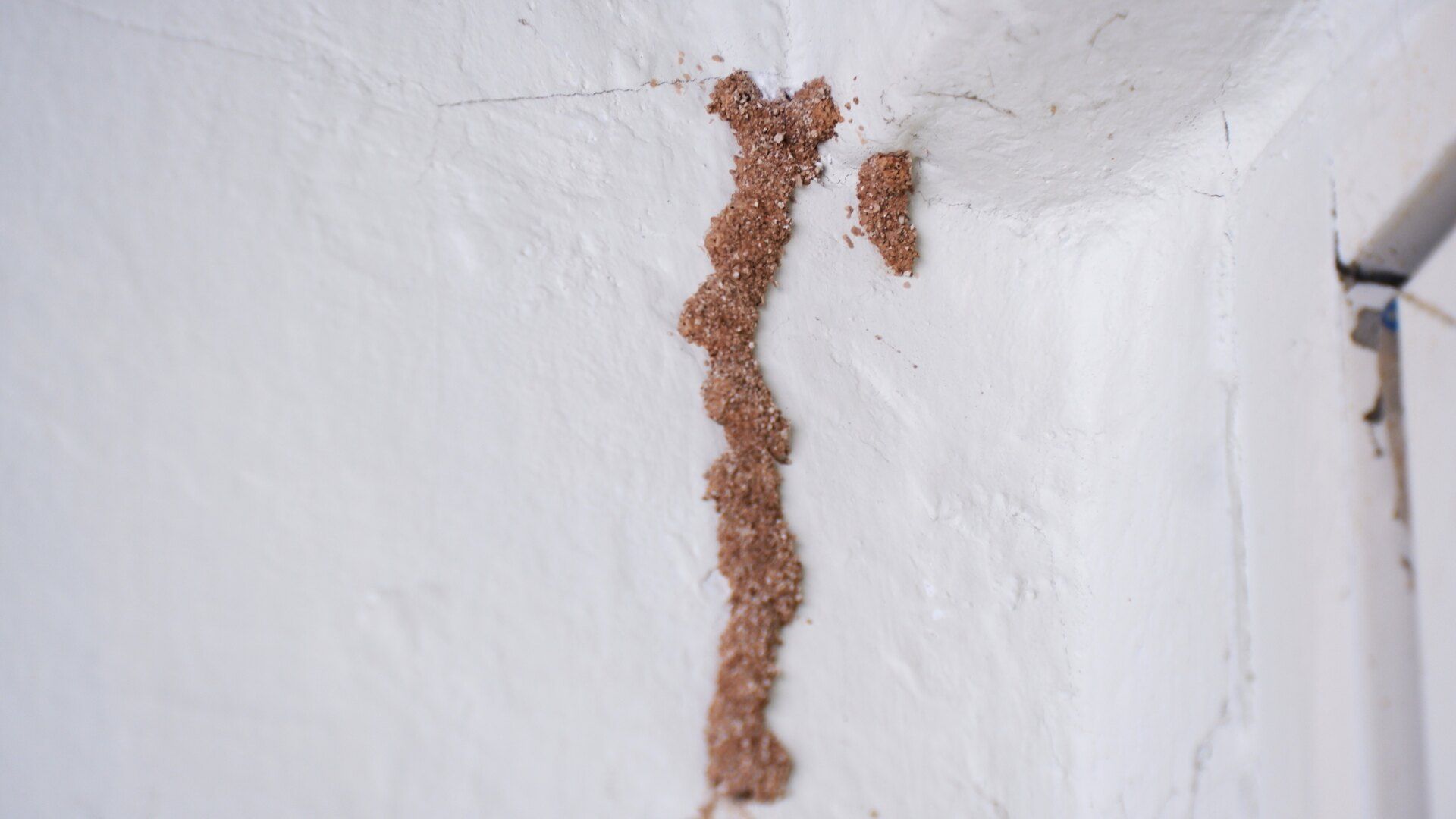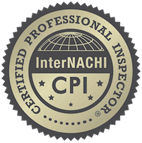Can Mold Grow on Concrete?
Mold can spell certain doom for homeowners. Given the right conditions, mold can develop and overtake surfaces, thereby putting you, your family, and your pets in danger. Most homeowners are aware that mold can grow in places like bathrooms and attics, but what about concrete? Is the durable material exempt from mold growth, or is it too prone to mold taking hold?
To answer this question, we need to look at what kind of conditions mold needs to flourish. For starters, mold needs water to grow, and since concrete is porous, it provides ample opportunities for mold to settle in. However, new products on the market, such as sealers that protect against moisture, can help stop mold from taking root. Sealers keep the concrete dry and prevent moisture from seeping through so molds won’t be able to grow.
So while mold can indeed grow on concrete, keeping your concrete dry helps prevent mold infestation. The good news is that these sealer products are readily available at any hardware store, so you can purchase them yourself or hire a contractor to apply them for you. Luckily, there are steps you can take now that will save you from having to deal with this problem down the road.
Let’s look into mold a bit more closely to get a better understanding of it and the threat it presents if you notice it developing on your property.
What Are Molds and How Do You Stop Them?
Molds are a big problem in the concrete industry. That’s because they grow in moist areas like concrete, and because mold needs moisture to thrive, it can easily find its way onto your home’s concrete surfaces.
To help prevent mold infestation, you first need to be able to identify it. Fortunately, this is an easy task. If you see any dark spots on the surface of your concrete or anywhere there are white specks, that’s a sign that molds could be present. If you’re unsure whether you have a mold problem, you should consider hiring a professional to assist you.
With the comprehensive mold inspection, you can be sure to identify any areas that have mold and take action to eliminate the growth. At Guardian Angel Inspections, our
mold inspection experts know how to check for mold to ensure the health and safety of your home.
Please note that mold infestations can originate anywhere in your home, such as bathrooms, kitchens, and bedrooms. And as we’ve identified, mold can also grow on concrete surfaces that are exposed to humidity and moisture (like driveways). You can do your part to prevent a mold problem from occurring by following some simple steps.
First, clean your entire home periodically with bleach or other household cleaners. It’s easy to do if you’re mindful of what you’re cleaning. This will help reduce the potential for mold to grow, ensuring a healthy and safe environment.
And secondly, it’s important to maintain proper humidity levels throughout the house using dehumidifiers or air conditioners that keep the humidity between 40% and 50%. This will help stop molds from growing in areas with high humidity levels.
Why Are Molds Dangerous?
Mold is often a slow-growing problem. The most commonly found mold in homes and commercial buildings is mildew. This type of mold thrives in damp conditions where water seeps into the concrete.
How do you know if your concrete is infected with mold?
The first sign of mold growth is a discoloration of the concrete. If you notice that the concrete is discolored or it looks like it has been heavily stained, it can be a sign that molds are growing on your concrete.
Address Mold Immediately
If you can see mold or you think you might have a mold problem, contact
Guardian Angel Inspections today. We will thoroughly examine your residence to identify whether you have a mold problem.
If we determine that you have mold, we will advise you on the best course of action to remedy the issue. It’s very important that you address mold as soon as possible. Mold can be dangerous, causing illness among those in your household. We will provide you with the most effective solutions to your concerns, so contact us today.
Expert Mold Inspection Service in South Florida
We are South Florida’s trusted mold inspection experts. If you believe your home has a mold problem, call Guardian Angel Inspections today to schedule a consultation.
When we perform inspections, we follow a strict series of protocols to ensure that nothing is overlooked. Our mold inspection team has years of experience and expertise to clearly identify mold and provide instructions for how to best address it.
We will thoroughly inspect your home for any signs of mold development. It is important that you act quickly if you think mold is growing on concrete or any other surface in your home. So call our mold inspection experts at Guardian Angel Inspections at
(561) 512-7854 .
The information in this blog post is for reference only and not legal advice. As such, you should not decide whether to contact a lawyer based on the information in this blog post. Moreover, there is no lawyer-client relationship resulting from this blog post, nor should any such relationship be implied. If you need legal counsel, please consult a lawyer licensed to practice in your jurisdiction
Disclaimer: The information on this website and blog is for general informational purposes only and is not professional advice. We make no guarantees of accuracy or completeness. We disclaim all liability for errors, omissions, or reliance on this content. Always consult a qualified professional for specific guidance.
Share this entry
